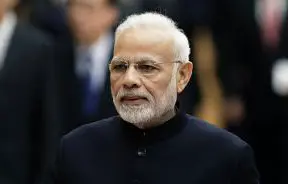
Japan's upper house of parliament on Monday began discussions on a package of controversial security bills that, if enacted, will allow for the nation's Self-Defense Forces to have an expanded role abroad, despite an ongoing public backlash that has seen hundreds of thousands took to the streets in protests.

A series of controversial security- related bills proposed by Japan's ruling bloc were rammed through a special committee of Japanese parliament's lower house Wednesday noon, paving the way for a vote for the bills at the full chamber later.

The number of opponents against a security-related legislation package pushed by the Japanese government increased by 11.1 percentage points from a previous poll in May to 58.7 percent, a latest nationwide survey released Sunday showed.

About 25,000 protesters on Sunday surrounded Japan's Diet building to express their strong opposition against Prime Minister Shinzo Abe's efforts to ram a series of security-related bills which are considered unconstitutional by constitutional experts.

Japanese Prime Minister Shinzo Abe is forging ahead with his plans to pass contentious security legislation through parliament albeit at a delayed date and in spite of the fact that the vast majority of the public oppose the implications the new bills will have on the nation's future security and the fact the bills themselves have been deemed unconstitutional by a plethora of legal experts on constitutional matters.

The cabinet of Japanese Prime Minister Shinzo Abe approved a package of defense bills on Thursday and eyed their approval in the Diet before July.